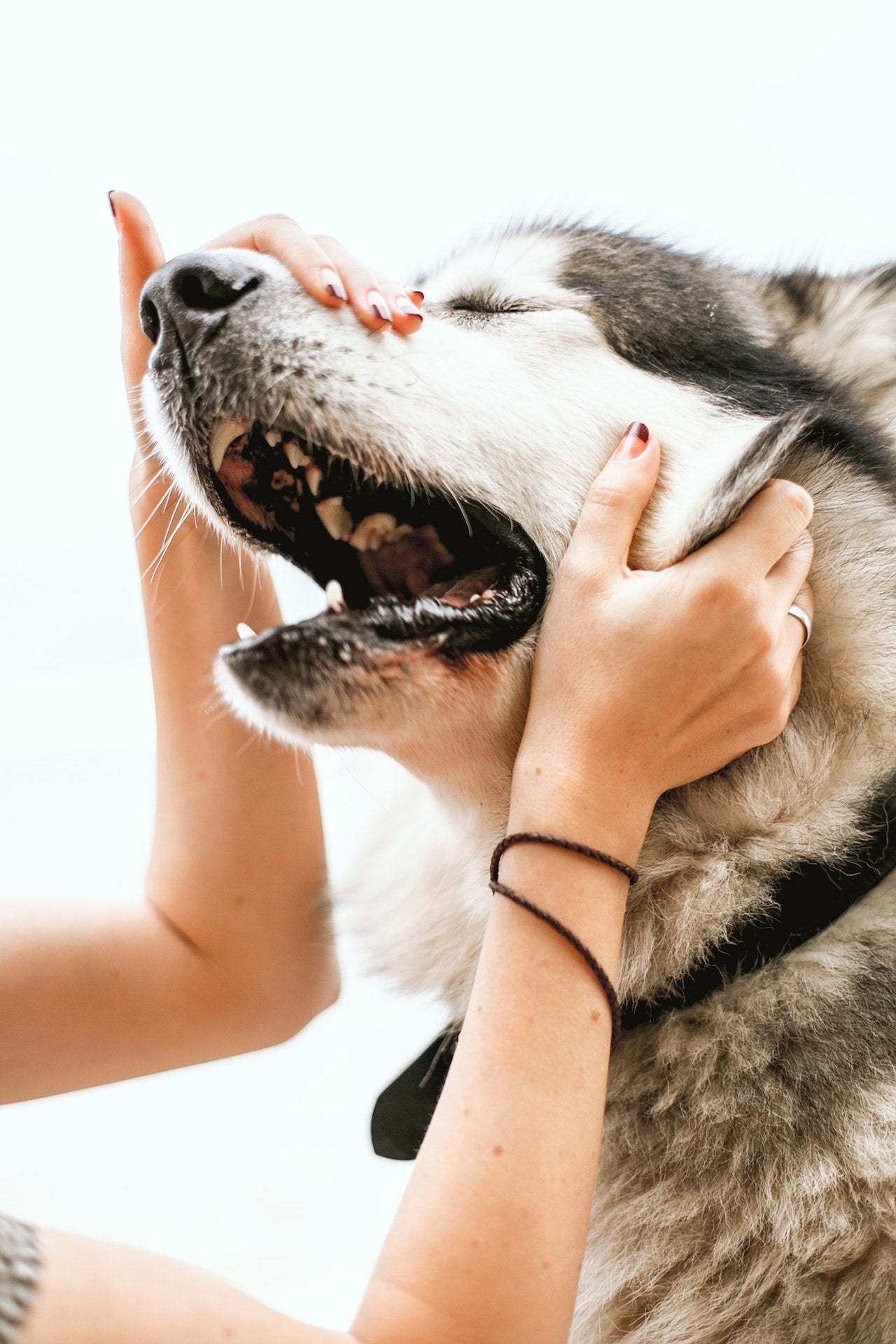
Matcha is a popular ingredient in many different foods and drinks, but is it safe for dogs to consume? While some human foods can be toxic to dogs, others are perfectly safe and can even be beneficial for their health. In this article, we'll explore whether or not dogs can eat matcha and what the potential benefits and risks are.
What is matcha?
Matcha is a type of green tea powder that is made from shade-grown tea leaves that are carefully selected and ground into a fine powder. It is commonly used in drinks, smoothies, and desserts. Matcha is known for its vibrant green color and its unique, slightly bitter taste. It is also rich in antioxidants, which makes it a popular ingredient in many health-conscious recipes.
Can dogs eat matcha?
Yes, dogs can take little quantity of matcha. While matcha has some potential health benefits for dogs, due to its caffeine and theobromine content, it is not recommended to feed dogs large amounts of matcha. Caffeine and theobromine can be toxic to dogs and can cause symptoms such as restlessness, rapid breathing, and an increased heart rate. If you do decide to feed your dog matcha, it is important to do so in moderation and to monitor them for any signs of toxicity. If you have any concerns about your dog's health, it is best to consult with a veterinarian.

Benefits of feeding dogs with matcha
Matcha, when given to dogs in moderation, may offer several potential health advantages, including the following:
- Antioxidant Content: Matcha has a high antioxidant content, which helps to reduce inflammation and improves general health. Matcha is a great way to boost your health.
- Matcha is a source of L-theanine, which is an amino acid that has been shown to help lower tension and increase relaxation in dogs. Matcha also contains other beneficial nutrients.
- Matcha's high concentration of antioxidants and other nutrients can help promote a healthy immune system in dogs, contributing to the overall improvement of the dog's overall health.
It is essential to keep in mind that these advantages are not intended to serve as a substitute for feeding your dog a diet that is well-balanced and rich in nutrients. Before adding matcha to your dog's food, it is strongly suggested that you first discuss the matter with your dog's veterinarian.
Disadvantages of feeding dogs with matcha
There are a number of drawbacks associated with giving matcha to dogs, including the following:
- Toxicity Associated with Caffeine and Theobromine: Matcha is known to be harmful to dogs due to the presence of caffeine and theobromine, both of which are known to be toxic substances that can produce symptoms such as agitation, rapid breathing, and an elevated heart rate.
- Interference with the Absorption of Nutrients: There is a possibility that matcha will cause interference with the absorption of some nutrients in dogs, hence lowering the efficacy of their diet.
- Possible Allergic Reactions: There is a possibility that matcha will trigger an allergic reaction in some dogs. Symptoms of an allergic reaction to matcha include skin irritation, itching, and gastrointestinal distress.
- Not Appropriate for All Dogs: It's possible that matcha is not the best option for all dogs, particularly older or sicker canines who may already be suffering from diseases like liver or heart disease.
Before adding matcha to a dog's diet, it is best to discuss the decision with a qualified veterinary professional due to the potential dangers that are connected with doing so.

Other consideration associated with feeding dogs with matcha
There are a number of additional considerations to take into account when thinking about giving matcha to dogs, including the following:
- It is essential that you keep a close eye on the amount of matcha that you provide to your dog because giving them too much can result in toxicity. It is generally safe to give most dogs a tiny quantity of this substance either in their food or as a treat; nevertheless, it is preferable to see a veterinarian for precise suggestions in this regard.
- When purchasing matcha, it is essential to select a product that is of a high quality and is free from any additions or impurities. There are matcha products on the market that contain additional sugar or flavourings that are not safe for dogs to consume.
- Matcha should be stored in an airtight container in a cold, dry place in order to maintain its quality and prevent it from going stale.
- In order to ensure that your dog receives all of the advantages of the matcha that you add to their diet, it is imperative that you completely combine the matcha with their food before serving it to them.
- It is vital to speak with a veterinarian before adding matcha to your dog's diet, just as it is important to do so before introducing any new food item to your dog's diet. This is especially important if your dog has any pre-existing health concerns or is already taking any drugs.
If you take all of these factors into account, you will be able to ensure that your dog reaps the possible health advantages of matcha while reducing any hazards that may be posed by the supplement.
Concluding words
Matcha may have some possible health benefits for dogs; however, because to the high levels of caffeine and theobromine it contains, it is not recommended that dogs consume significant amounts of matcha. If you do want to give your dog matcha, it is imperative that you do so sparingly and keep a close eye out for any symptoms of toxicity that may be displayed by your pet. It is highly recommended that you seek the advice of a veterinarian whenever you have any questions or concerns regarding the health of your dog. By adhering to these recommendations, you will be able to contribute to the well-being and security of your four-legged friend.



